Cancer… it is a fatal disease that not only destroys the cells of our bodies but also destroys one’s life, dreams and expectations of a healthy lifestyle. It makes a person weak not only physically but mentally, emotionally and socially. We cannot stop cancer from spreading in our bodies but we could prevent it from spreading further in our bodies by adopting a healthier lifestyle. As they say “Prevention is better than cure”, we shouldn’t stop trying till our last breath. Even though most people don’t realize fruits and vegetables are the God gifted remedies for all our ailments, so let’s go through few vegetables those can actually prevent the spreading of cancer and I sincerely hope that it helps you to treat someone you love.
1) Broccoli-
Cruciferous vegetables like broccoli have long been known to contain plant chemicals like in-doles that have anti-cancer action. Now a new study confirms that another plant compound found in broccoli—sulforaphane—also has cancer-fighting properties. Sulforaphane- which is also a potent antioxidant—apparently inhibits HDAC enzymes (histone deacetylase) which play an important role in whether or not certain genes—like tumor suppressor genes—are “expressed” (activated) or not. HDAC inhibition is a very promising are of cancer treatment and researchers are working on both pharmaceutical and dietary approaches to inhibiting this group of enzymes.
2) Berries-
Life offers relatively few unambiguous win-win situations, but here’s one: berries, those sweet, natural treats that almost everyone loves may provide potent anticancer compounds. The idea of berries as anti-carcinogens began in the late 1980s, when Stoner discovered that ellagic acid, found in many fruits and vegetables, inhibited the genesis of tumors. He then found that berries contained high amounts of ellagic acid, and that black raspberries in particular had more of this compound than all of the other berries he surveyed. They also help prevent breast cancer.
3) Tomatoes-
The tomato’s red hue comes chiefly from a phytochemical called lycopene. Tomatoes have attracted particular attention from prostate cancer researchers because lycopene and its related compounds tend to concentrate in tissues of the prostate. Lycopene, a powerful antioxidant, together with a group of related compounds collectively called the “red family,” has displayed anti-cancer potential in a variety of laboratory studies. In the laboratory, tomato components have stopped the proliferation of several other cancer cells types, including breast, lung, and endometrial.
4) Walnuts-
Walnuts contain high amounts of polyphenols, phytochemicals that have antioxidant properties. They also contain a broad range of other potentially protective compounds: Elligitannins, which are broken down to ellagic acid, Gamma-tocopherol, one of several types of vitamin E compounds, Alpha-linolenic acid, an omega-3 fatty acid, Polyphenols including flavonoids and phenolic acids, Phytosterols, plant compounds known to help lower blood cholesterol that are under study for their potential antioxidant and anti-inflammatory effects in the body and Melatonin, a hormone and antioxidant. Walnuts are an excellent source of copper and manganese, and a good source of magnesium.
5) Garlic-
Garlic contains sulfur compounds that may stimulate the immune system’s natural defences against cancer, and may have the potential to reduce tumor growth. Studies suggest that garlic can reduce the incidence of stomach cancer by as much as a factor of 12! Garlic is particularly protective in stomach, gastric and colon cancers, although across several epidemological studies, it has been linked to reduced rates of a wider range of cancers, from lung to oesophageal. The bad news is that fresh, chopped or squeezed garlic is essential. Cooking ruins the effect and, in tests, some garlic pills are pretty useless.
6) Beans-
A study out of Michigan State University found that black and navy beans significantly reduced colon cancer incidence in rats, in part because a diet rich in the legumes increased levels of the fatty acid butyrate, which in high concentrations has protective effects against cancer growth. Another study, in the journal Crop Science, found dried beans particularly effective in preventing breast cancer in rats. Some beans, particularly pinto and red kidney beans, are outstanding sources of antioxidants and should be included in your anti-cancer diet. Beans also contain fiber, and eating a high-fiber diet may also help reduce your risk of cancer, according to the American Cancer Society.
Thank you!!!


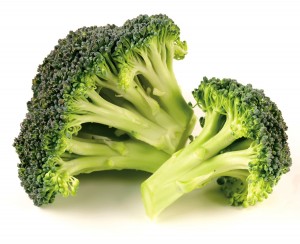
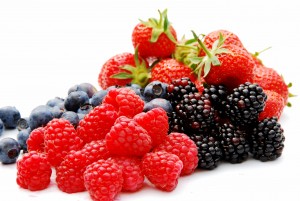
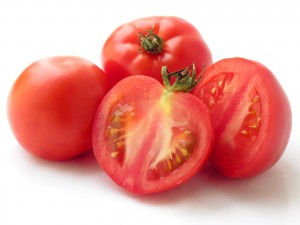

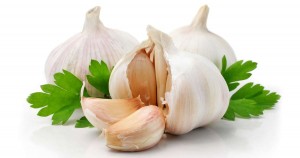
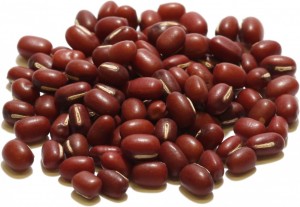

142 Comments